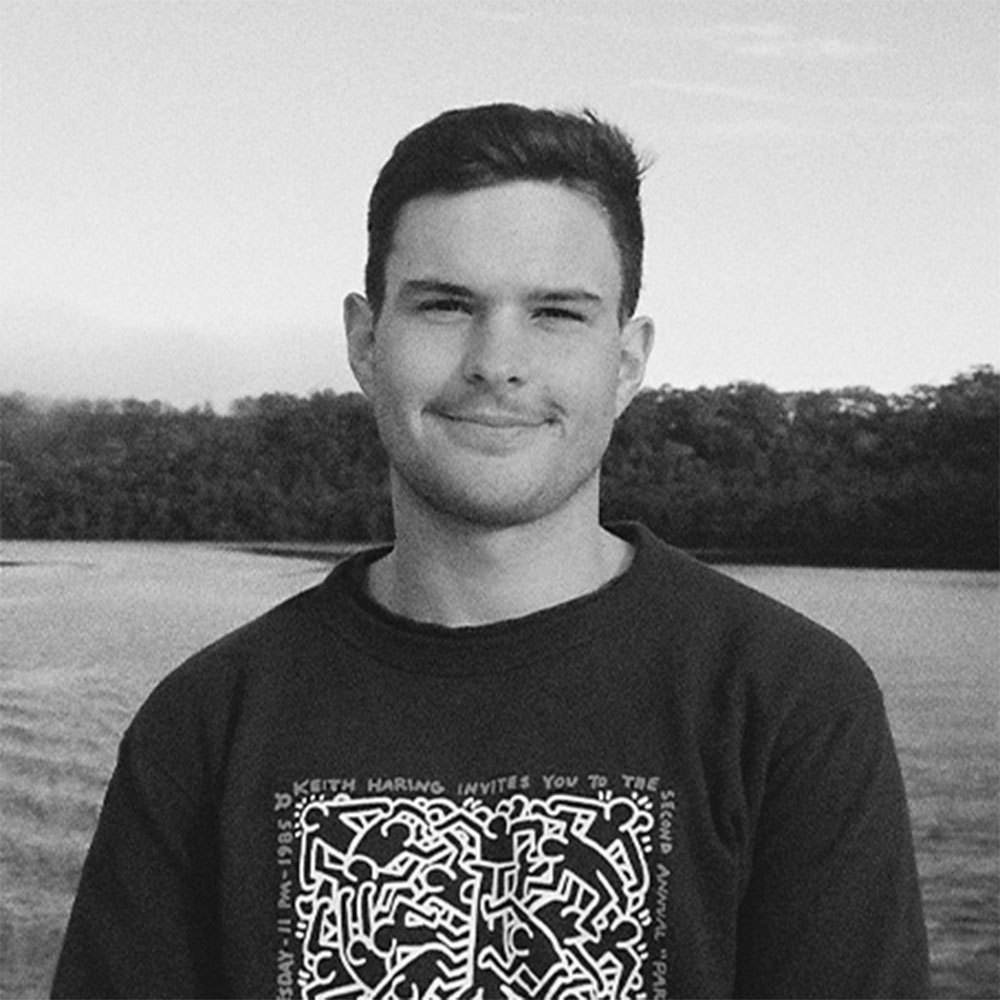We ask Blake, Co-founder & Director of baru and RMIT alum, six questions about being a business owner.
1. What did you study at RMIT and what attracted you to that program?
I initially studied the Bachelor of Architectural Design before moving into my current degree, the Master of Architecture. The architecture program at RMIT is known to be world-class, not only through rankings but also through the strong recommendations from my network, which heavily guided me towards RMIT Architecture. I am very thankful for their guidance, as the program has exceeded my expectations.
2. What is your business all about?
baru is a social enterprise that transforms plastic and textile waste into sustainable, high-quality garments. Our designs are influenced by nature and aim to encourage people to get outdoors on trips to, benefit their mental wellbeing.
3. Where do you see your business in 10 years’ time?
In 10 years, I hope that Baru will significantly increase the volume of our recycling efforts year on year. Our goal is to become a leading example of sustainability in fashion, continually innovating and expanding our impact on reducing waste and promoting mental wellness through our nature-inspired designs.
4. How has studying at RMIT prepared you to run your business?
Studying at RMIT has equipped me with critical thinking, innovative problem-solving skills, and a strong foundation in sustainable design principles. The university’s emphasis on real-world applications and its network of industry professionals have provided me with valuable insights and connections that have been instrumental in running baru. Additionally, the collaborative and interdisciplinary environment at RMIT has taught me the importance of teamwork and leveraging diverse perspectives in business.
5. What advice would you have offered yourself when you first started your business?
I would advise myself to embrace adaptability and continuous learning. Starting a business comes with unforeseen challenges, being flexible while staying true to your core mission is crucial. Additionally, building a strong support network and seeking mentorship early on can provide invaluable guidance and support. Lastly, remember that perseverance is key—there will be setbacks, but maintaining a clear vision and determination will drive you forward.
6. where did you get the name baru from?
The name "baru" is inspired by the concept of renewal and transformation, reflecting our mission to turn waste into something valuable and aesthetic. It also signifies a fresh start and a commitment to sustainability and positive change in the fashion industry.
Alumni bio

Blake Hillebrand
Founding Director - blake@baru.com.au
In 2019, while studying the Bachelor of Architectural Design at RMIT, Blake launched his social enterprise, baru. Blake started with a dual mission: to transform textile waste and plastic pollution into recycled garments, and to encourage people to engage in outdoor adventures for the betterment of mental well-being.